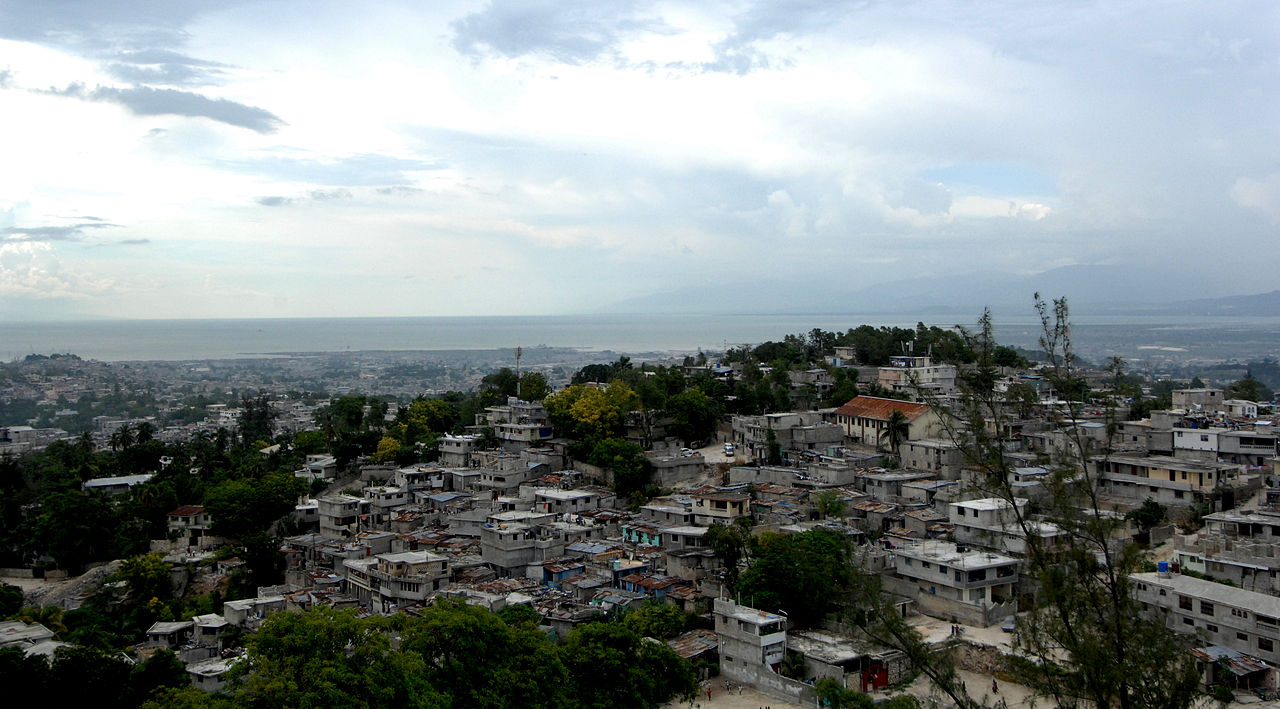Views expressed in opinion columns are the author’s own.
Lately, hurricanes and immigration have rightfully dominated headlines. Hurricane Harvey’s impact on the Houston area, the destruction caused by Hurricane Irma and the Trump administration’s repeal of the Deferred Action for Childhood Arrivals program are all major stories. Amid all this coverage, however, Haiti’s story has gone overlooked.
For Haiti especially, climate and politics cannot be separated. Though accurate statistics are elusive, the 2010 earthquake killed over 200,000 people and Hurricane Matthew in 2016 killed more than 1,000. What those numbers reflect, more than just powerful weather events, is an international political failure that left Haiti vulnerable.
A combination of colonial history and misguided humanitarian efforts turn extreme weather into true disasters of collapsed infrastructure, weak government and poor public health. Climate change has caused stronger earthquakes and storms for the whole world. But in nations deprived of resources such as sturdy buildings and good healthcare, these natural disasters will result in avoidable deaths.
After the 2010 earthquake, the Obama administration granted Temporary Protected Status to Haiti. TPS protects foreign nationals already in the United States — who cannot return home safely due to a conflict or environmental disaster — from deportation. Haiti’s most recent renewal ends in January, and the Trump administration has told 58,706 TPS Haitians to “prepare for and arrange their departure.”
Our government has left a people in crisis with an even more uncertain future. For those families divided by the ocean, a struggle endures in both countries. While those currently in Haiti deal with yet another storm, those in the U.S. must contend with a discriminatory government. This duality is historical and preventable.
One threat to the Haitian people is environmental. When it comes to the storm itself, our president’s refusal to acknowledge climate change puts the world in jeopardy. And the effects of climate change are not proportional. Even storms that touch both countries do not create the same outcomes. For so many reasons, Haiti does not have the resources to prepare for the storm or to rebuild afterward.
The other threat is immigration policy. Though the question has not been settled, the message of uncertainty the Trump administration has sent to Haitians in America is truly cruel. By threatening the status of those with no safe home, his administration is compounding the racial discrimination of ending DACA. Whether it is children of undocumented immigrants or Haitian families seeking refuge, it’s hypocritical for our government to create problems for other countries while simultaneously turning away the citizens of those countries.
In a broad sense, these actions by the Trump administration are nothing new to Haitians. To be caught between the racist whims of foreign leaders and the threat of natural disaster is a chronic problem for the country. Time and again, the Haitian people have had to rebuild, whether out of the scorched earth of slavery and war or the rubble of earthquakes and hurricanes. Their history is one of resilience in the face of the impossible. Now they are being tested again: By rain and racism, by wind and deportation, by Irma and President Trump. One hopes that this time, Americans will be moved to demand Haitians receive the respect they deserve, wherever they live.
Jack Lewis is a senior government and politics major. He can be reached at jlewis20@umd.edu.



